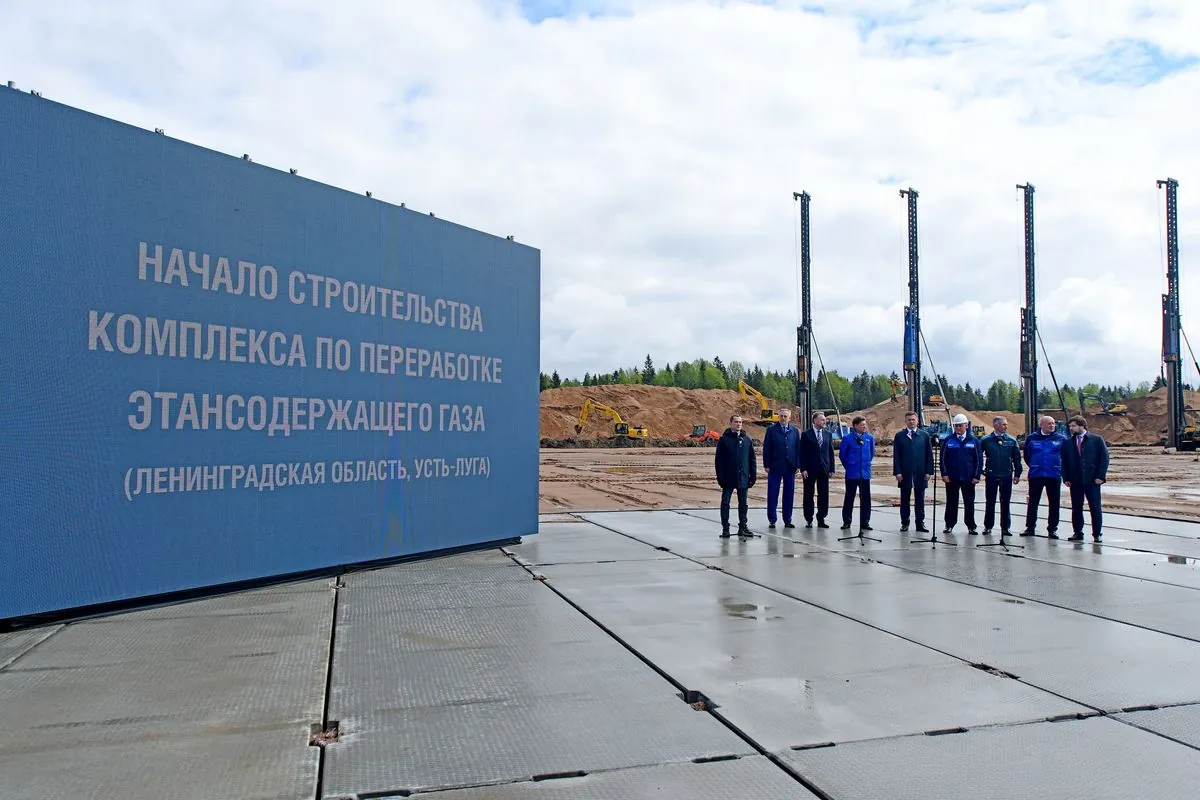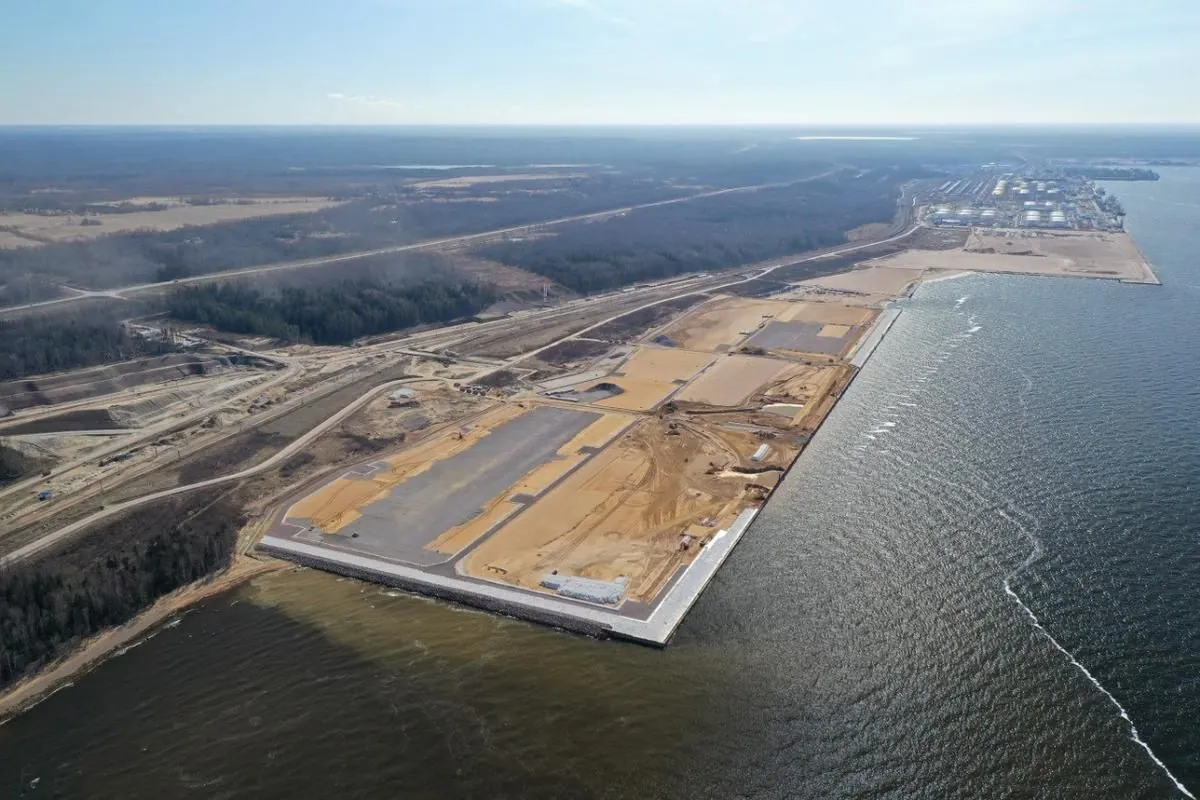Russian Court Freezes $1.15 Billion in Linde Subsidiary Assets Amid Gas Plant Dispute
A Russian court has ordered the freezing of $1.15 billion in assets belonging to a British subsidiary of Linde, stemming from a dispute over a terminated gas processing plant project with Gazprom's joint venture.

In a significant legal development, a Russian court has mandated the freezing of assets valued at approximately $1.15 billion belonging to a British subsidiary of Linde plc, the world's largest industrial gas company. This decision stems from a dispute over a gas processing plant project in Russia.
The Court of Arbitration of St Petersburg and the Leningrad Region, established in 1992, issued the order in response to a lawsuit filed by RusChemAlliance, a joint venture in which Gazprom, the world's largest publicly-listed natural gas company, holds a 50% stake. This legal action is part of a series of suits against European entities concerning the construction of a gas processing facility in Russia, a project that was terminated due to Western sanctions.
RusChemAlliance requested the court to impose interim measures by freezing assets of Linde Russia UK Limited, totaling 746 million euros and 30.7 billion roubles. The claimant argued that asset freezing was necessary due to the potential difficulties in enforcing a future judgment in jurisdictions Russia considers "unfriendly," which include the US, UK, and EU members. Additionally, they claimed that Linde was attempting to withdraw its assets from Russian territory.

The court's decision affects the British subsidiary's claim rights over several gas plants in Russia, as well as funds in the company's bank accounts, securities, and real estate. This ruling follows a previous order from January 2023, where the same court froze nearly $500 million of Linde's assets.
The dispute originates from a 2021 contract between Linde, Renaissance Heavy Industries, Gazprom, and its partners for the Ust-Luga gas complex. Ust-Luga, a settlement in Leningrad Oblast, is the site of a major port on the Baltic Sea. The project involved an Engineering, Procurement, and Construction (EPC) contract, a common arrangement in the construction industry.
However, in May and June 2022, Linde notified the customer that it had suspended work under the contract due to European Union sanctions imposed after Russia's invasion of Ukraine in February 2022. This invasion led to widespread international condemnation and multiple rounds of sanctions against Russia.
A key point of contention in this dispute is the interpretation of EU sanctions. RusChemAlliance alleges that while the sanctions prohibit supplying equipment for the liquefied natural gas (LNG) plant, they do not cover equipment required for the gas processing plant part of the Ust-Luga complex. LNG is natural gas that has been cooled to a liquid state for ease of storage or transport, while gas processing plants remove impurities from natural gas before pipeline transportation.
This case highlights the complex interplay between international business contracts, geopolitical events, and the use of economic sanctions as a foreign policy tool. It also underscores the challenges faced by multinational corporations operating in an increasingly fragmented global business environment.
As of August 14, 2024, Linde has not provided an immediate response to requests for comment on this latest development. The situation continues to evolve, reflecting the ongoing tensions between Russia and Western nations, and the impact of these tensions on international business operations.


































